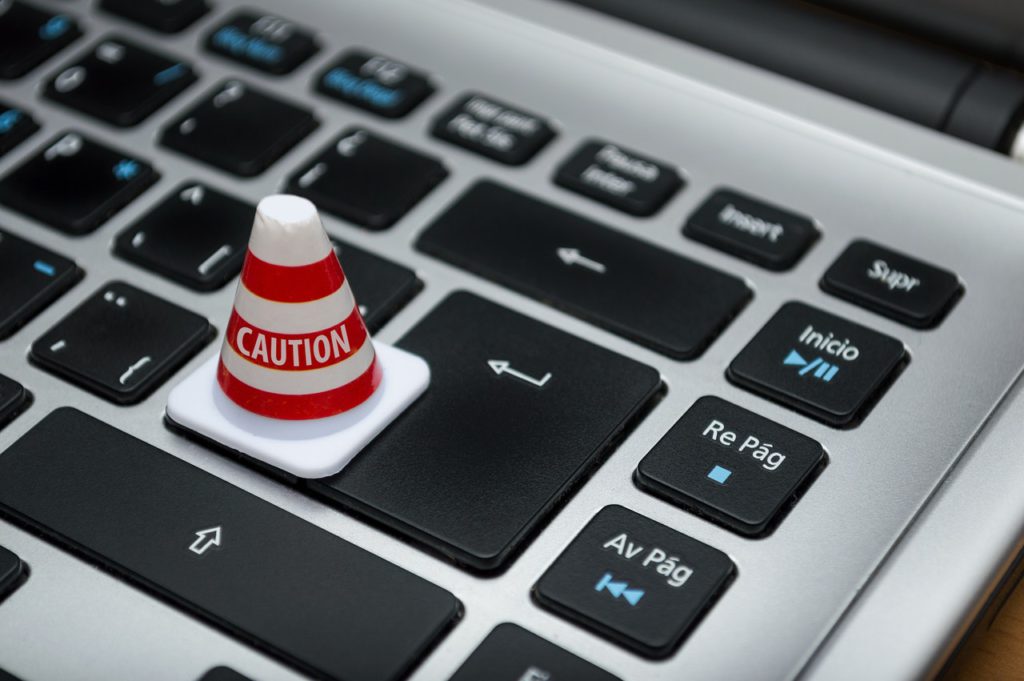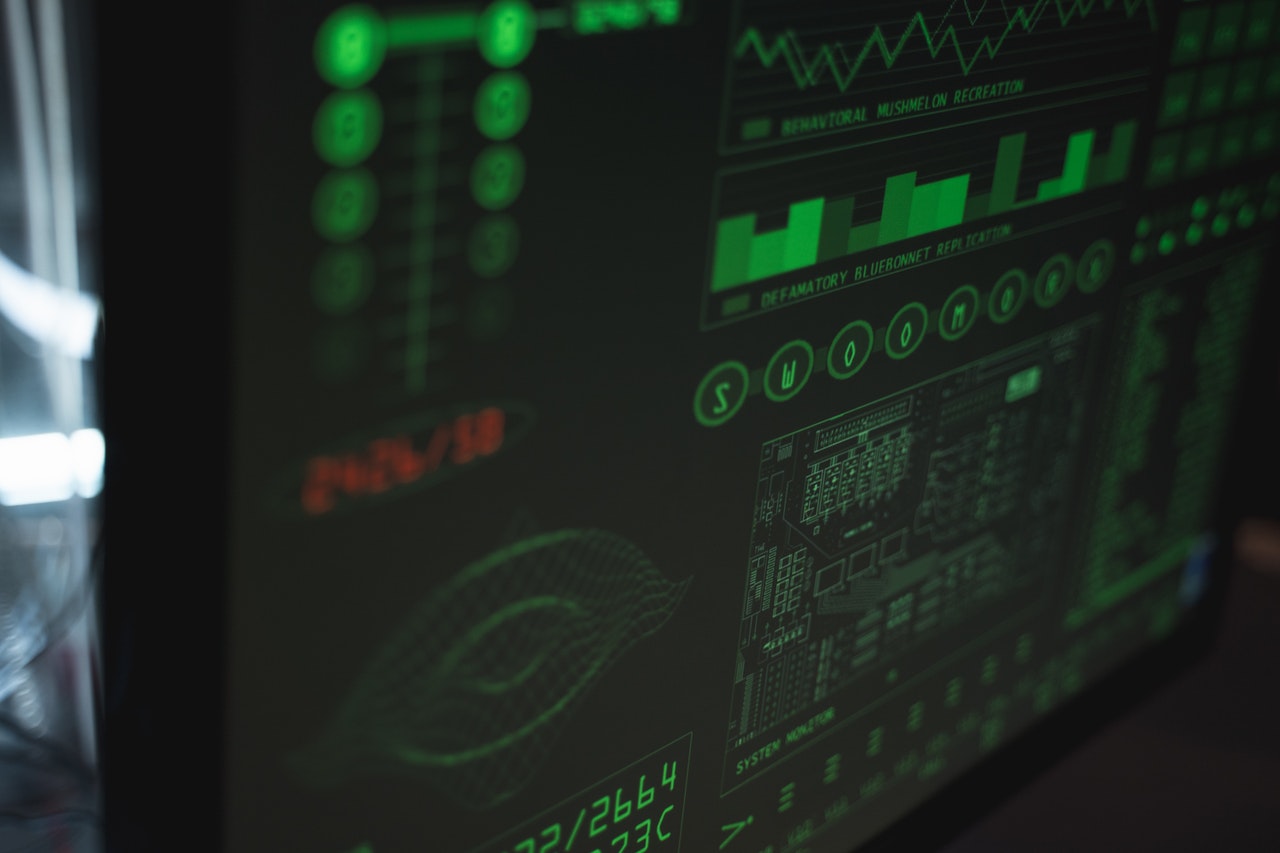This article introduces the concept of data security and various tools and techniques that can be used to secure data and prevent accidents. Whether it’s your laptop, PC, smartphone, or other Internet-connected device, there are many steps you can take to ensure data protection.
If you are not already doing everything you can to protect your personal information on every device you use, your personal information may be at risk.

Without an adequate data security policy, sensitive information can fall into the wrong hands, allowing them to gain access to the network and expose personal information of customers and employees.
Even if cybercriminals gain access to your network and files, encryption can prevent them from gaining access to this information. By encrypting files, you ensure that unauthorized persons cannot view your data, even if they have physical access to it.
Using disaster recovery methods and encryption, your data will be encrypted before being sent over the Wi-Fi network to further secure your information so that it cannot be seen or used by others.
Encryption is meant to encrypt your data so that no one can understand what they are saying without the key. Encryption is useful not only to protect the information on your computer, but also to ensure that text messages and emails on your phone are not exposed to prying eyes.
When using a VPN, it encrypts your data so that things like bank details and other personal information cannot be stolen if someone tries to hack your device or view your connection.
In addition to protecting your browsing information, a VPN will encrypt everything to or from your computer or phone and hide your location. A VPN is a great way to protect your online privacy, whether you’re at home or on a public network.
A VPN secures your computer’s internet connection by ensuring that all the data you send and receive is encrypted and protected from prying eyes. If you often work remotely or in public places daily, a VPN will protect your sensitive data from being viewed by others on the same network.
A very effective way to protect your laptop and devices when connected to WiFi networks abroad is to invest in a VPN service that will encrypt your data when you access the Internet to protect you from eavesdroppers and other threats.
Encryption software can protect corporate data by preventing any unauthorized user from accessing such devices. Using encryption software is another way for companies and their remote workers to protect themselves.
Mobile device management platforms can run most or all of these services, allowing remote workers to continue using their devices while keeping corporate data safe.
Antivirus software may be used on individual computing devices, networks and IT systems to protect personal data. The software protects your device from viruses that can destroy your data, slow down or crash your device, or allow spammers to send emails through your account.
You can protect your computers with firewalls and antivirus software, and by following best computer practices. Use and maintain antivirus software and firewall.
Protect yourself from viruses and Trojans that can steal or modify data on your computer and leave you vulnerable by using antivirus software and a firewall. Even if you take all the right steps, your data can be stolen by a company you trust to keep it safe.
You must be wondering how you can ensure the security of such data, especially if this information can be used against you. Data protection is a set of policies and processes that you can use to protect the confidentiality, availability, and integrity of your data.



